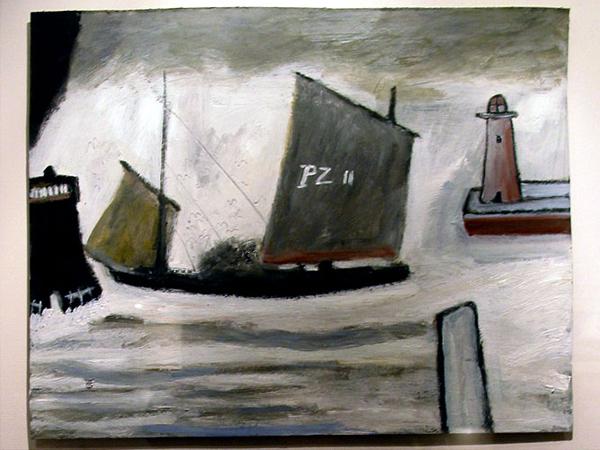Millions of artworks and historically important documents that have previously remained hidden from public view for centuries due to copyright holders of countless works that could not be identified, are being made available to the public from today in the UK. The release of these works of art follows the introduction of a new copyright regulation allowing the reproduction of “orphan artworks” on websites, books, and in other many other forms of media. The regulation stipulates that if any right owners subsequently came forward stating provable ownership of any works released that they would still be entitled to ask for future remuneration – reports the Independent.
The UK-based orphan works policy coincides with the implementation of a similar policy in the EU: the Orphan Works Directive. This will enable cultural institutions across Europe to digitise items of orphan works and display them on their websites.
“The delay to much needed Government reforms of copyright laws limits and distorts the telling and understanding of our nation’s history.” stated Naomi Korn, chair of the Libraries and Archives Copyright Alliance, to the Independent
This new regulation will effect the UK considerably, as up to 50 percent of archival records are considered “orphan works.” As an example Tate, will now be able to reproduce the 12 Alfred Wallis paintings it owns. After Wallis’ death in 1942, the artist did not have any surviving family, so the paintings became “orphan works.” Extraordinary; considering that the copyright of the artist’s paintings had expired in 2012, 70 years after the painter’s death, but the works had entered a legal grey area preventing them from being reproduced and disseminated in any other medium to a wider audience.
Baroness Neville Rolfe, Minister of Intellectual Property, told the Independent: “The scheme has been designed to protect right holders and give them proper return if they reappear, while ensuring that citizens and consumers will be able to access more of our country’s great creations, more easily.”

